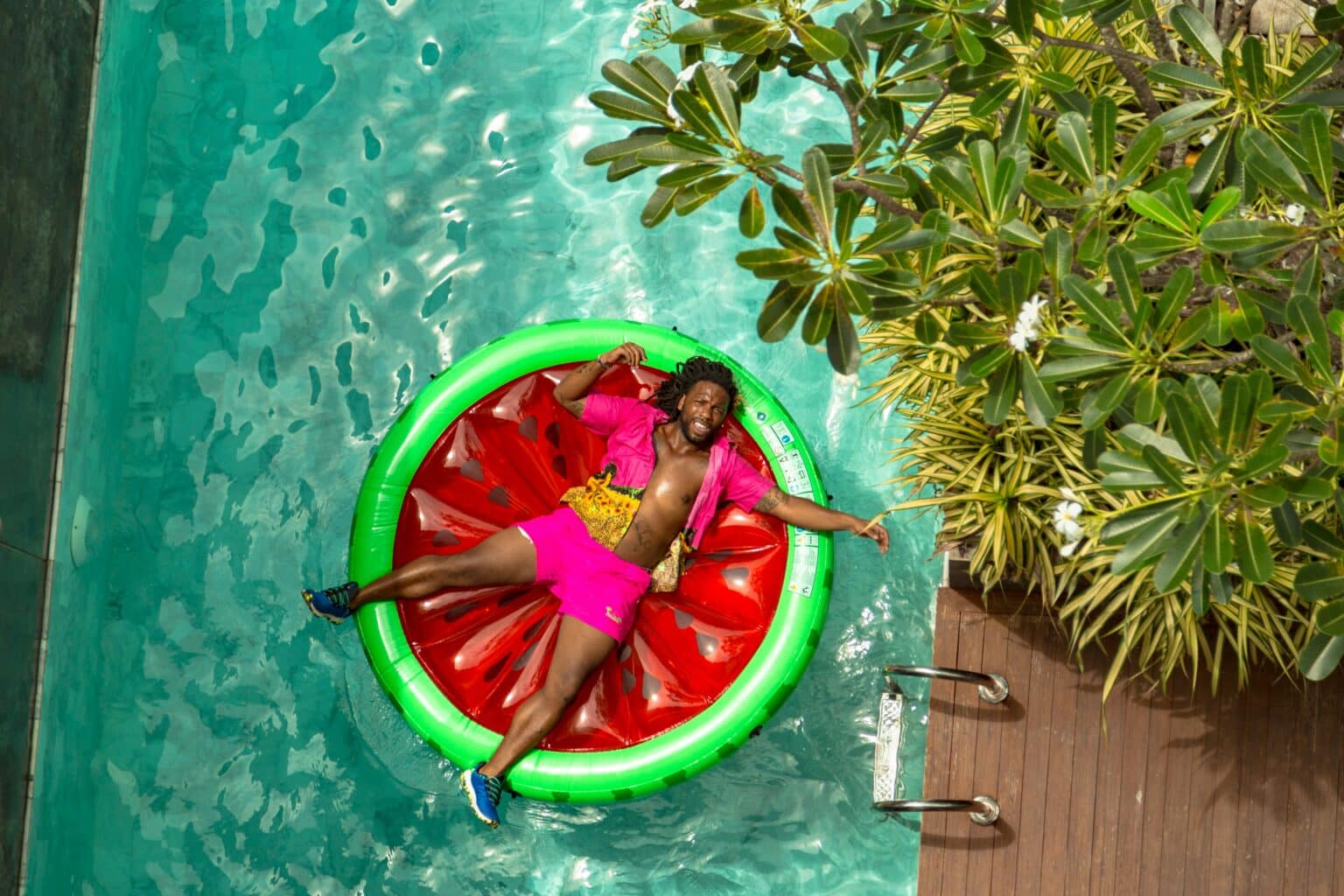User Generated Content, or UGC, as it’s commonly known, has blown up on TikTok over the last 18 months. Creator after creator has shown up with earning reports in the five figures, and it’s easy to see why it’s an appealing career option.
With 27% of TikTok users in 2023 under 18, many of the younger generation are looking for their own way to get involved. And can we blame them? Heck, I’m 30, and jumped to it.
If you’re wondering how old you need to be to be a UGC creator, then we’ve got you covered.
 TABLE OF CONTENTS
TABLE OF CONTENTS
- LET’S TALK LEGAL
- WHY DO WE NEED TO ADHERE?
- MINIMUM AGE REQUIRMENTS FOR PLATFORMS
- WHY IT’S NEVER TOO LATE TO START
Let's Talk Legal
As appealing as the world of UGC may be for aspiring creators of all ages, there are legal considerations that must be taken into account, especially when it involves younger individuals. In many countries, there are specific laws and regulations that govern the participation of minors in online activities, including content creation and social media platforms. These laws aim to protect children’s privacy, safety, and rights while they are online.
It is essential to understand the legal framework in your country regarding age restrictions for UGC creation. In some places, individuals under a certain age may need parental consent or supervision to participate in certain online activities.
For example, the Children’s Online Privacy Protection Act (COPPA) in the United States imposes strict regulations on online services that collect personal information from children under the age of 13.
Beyond legal requirements, platforms themselves have their own guidelines and age restrictions to ensure a safe and positive environment for all users. Platforms like TikTok, Instagram, YouTube, and others have specific terms of service and community guidelines that outline the minimum age for account holders and content creators.
For instance, TikTok’s terms of service require users to be at least 13 years old to use the platform. In some regions, the minimum age may be higher due to local regulations.
The Importance of Adhering to Age Restrictions
Adhering to age restrictions is not only about legal compliance but also about fostering a safe and trustworthy community. By respecting these restrictions, you contribute to the creation of age-appropriate content and protect a younger audience from potentially harmful or inappropriate material.
Moreover, maintaining compliance with age requirements helps you build a positive reputation as a responsible creator. Brands and potential collaborators appreciate creators who respect platform policies and legal obligations. It reflects your professionalism and commitment to being an ethical and law-abiding content creator.
Minimum Age Requirements for UGC Platforms
While the minimum age requirement for a TikTok account is 13 years old, this doesn’t necessarily mean kids have free reign to become content creators. At least, not in the UGC sense.
The age requirement to work with brands as an influencer can vary and is often determined by the brand’s policies and legal regulations. While there is no specific universal age limit, many brands prefer to work with influencers who are at least 18 years old or older. This is because individuals who are 18 years old or above are considered legal adults in most countries and can enter into contracts independently. Many contracts will specify a minimum age limit.
However, there are cases where younger influencers, particularly those under 18, can also work with brands. In such cases, they may need to have parental consent or involve a parent or guardian in the contractual agreements and negotiations.
Additionally, many UGC platforms or influencer marketing networks have their own age restrictions or guidelines for working with brands. Billo says that any person must be 18 or older to create an account on the Billo Platform.
If you’re under 18 and starting UGC, make brands aware from the outset. This prevents you from wasting both you and the brand’s time.
🚀 Don’t Wait To Start UGC
If you are under 18, there’s nothing stopping you from creating content and building your personal brand as a creator. You may have a harder time getting paid, but it’ll give you a leg up for when you’re ready to start working.










